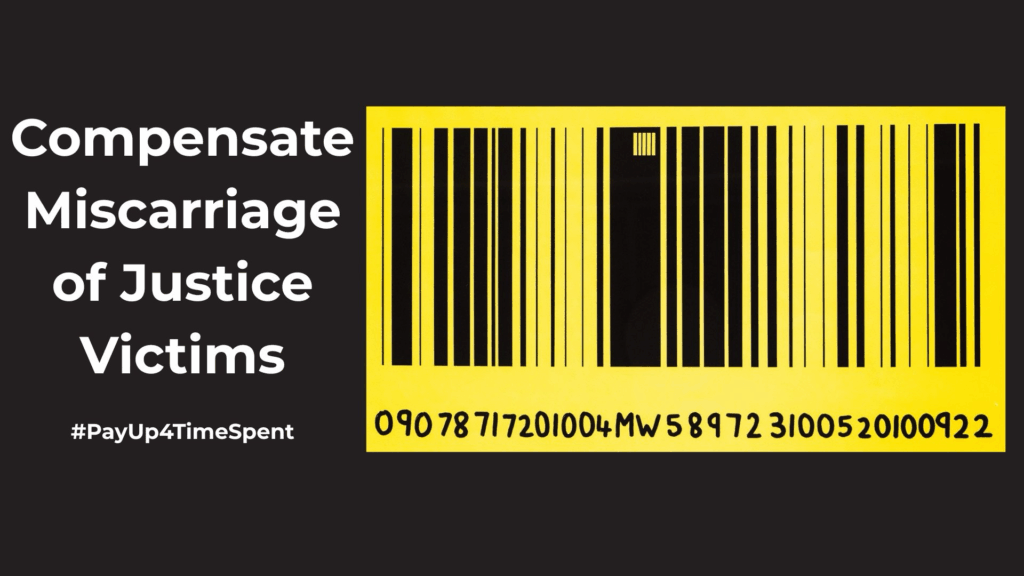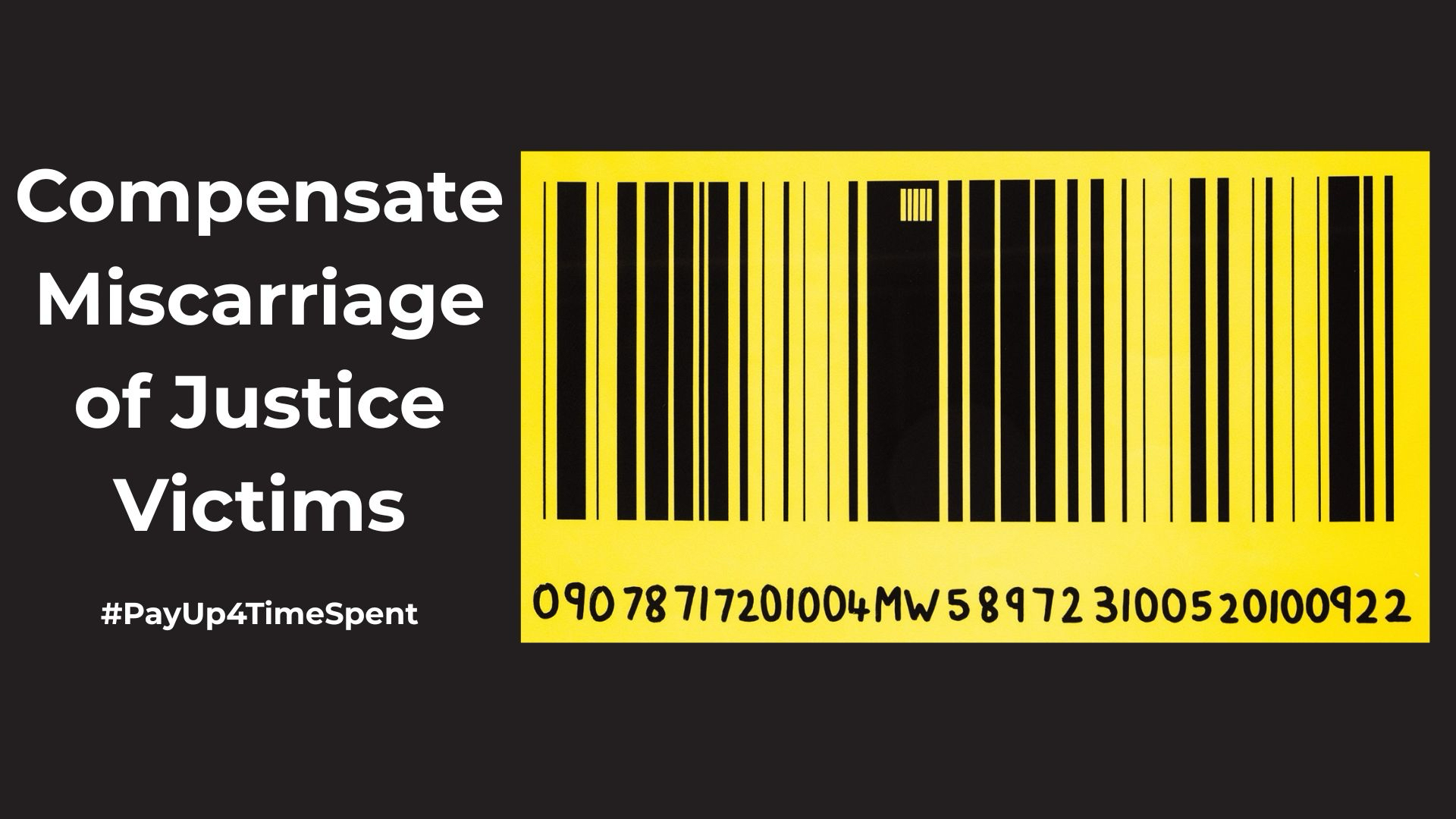Victims of miscarriages of justice will no longer lose access to means-tested benefits if they receive financial compensation via the much criticised miscarriage of justice compensation scheme. The Government has updated social security regulations so compensation payments will be ‘disregarded’ when assessing their eligibility for benefits.
According to Toby Wilton, a solicitor at Hickman & Rose who represents Andrew Malkinson in his claims for compensation, the change applies to all means-tested benefits including Universal Credit, Jobseeker’s Allowance and Housing Benefit and brings miscarriage of justice compensation in line with other similar compensation and support schemes.
Following a 2014 change introduced by Chris Grayling under the Coalition government, compensation is very now rarely paid out because applicants have to be able to demonstrate their innocence ‘beyond a reasonable doubt’.
- For background on this, see elsewhere on the Justice Gap
- Earlier this year, APPEAL launched a new campaign to scrap the ‘brutal’ miscarriage of justice compensation arrangements (#PayUp4TimeSpent) – see here
The new change comes into effect on 22 July, but eligible applicants who have previously been rejected due to their compensation will be able to re-apply for support.
‘When I was stuck behind my cell door I would never have believed that my case would lead to so many reforms – but I am determined to tear down the system that failed me for so long and is failing so many others,’ commented Andrew Malkinson.
In February, he received an interim miscarriage compensation payment. Had the Government not reformed the benefits criteria, this payment could have resulted in him losing the social housing he needs. He said he was ‘intensely relieved’ that he would now have access to benefits ‘even though the state is starting to compensate me for my wrongful conviction’.
Toby Wilton said that the change ‘tinkers around the edges of a miscarriage of justice compensation scheme which is not fit for purpose’. ‘Currently, compensation can only be paid to the very few applicants who can prove their innocence beyond a reasonable doubt – effectively forcing them to prove a negative. On top of this, the scheme arbitrarily disadvantages people like Andy who have suffered the most serious miscarriages of justice by capping compensation at £1m. This cap was set in 2008 and would be worth nearly £2m today, but while the Government has the power to change this cap (or remove it), it has so far refused to do this.’
Andrew Malkinson said he was ‘determined to challenge the completely unfair cap on compensation for the wrongfully convicted – and the ridiculous requirement that a person in my position be required to prove their innocence a second time to get compensated.’








